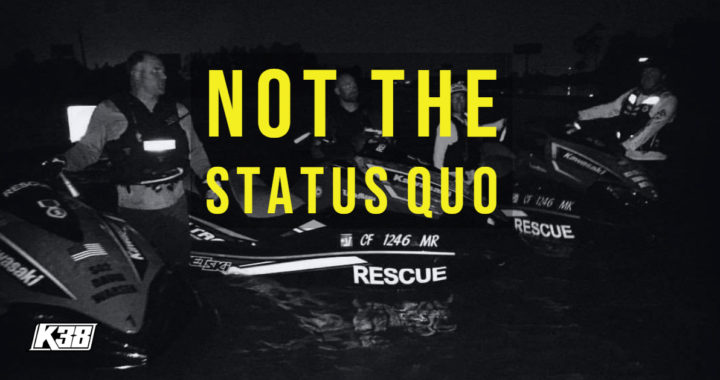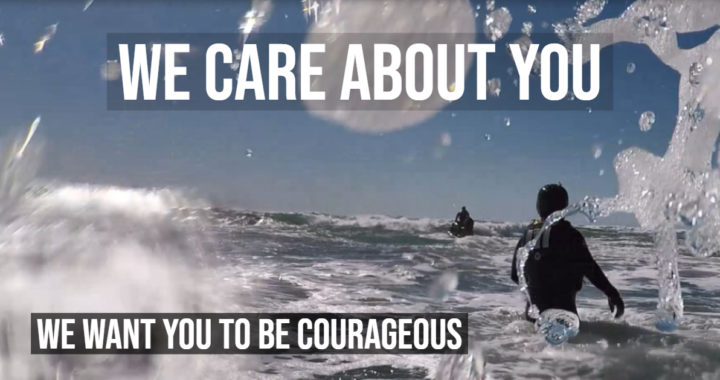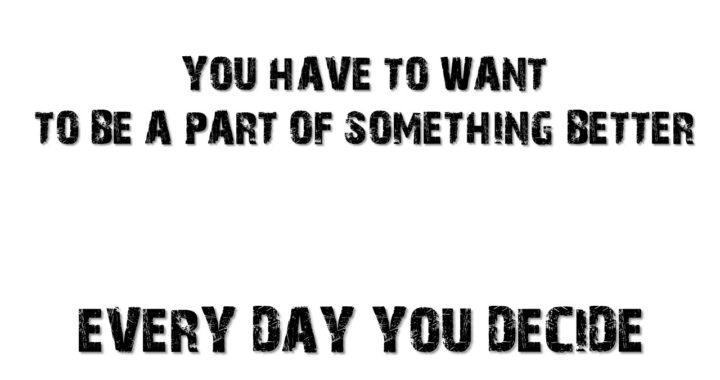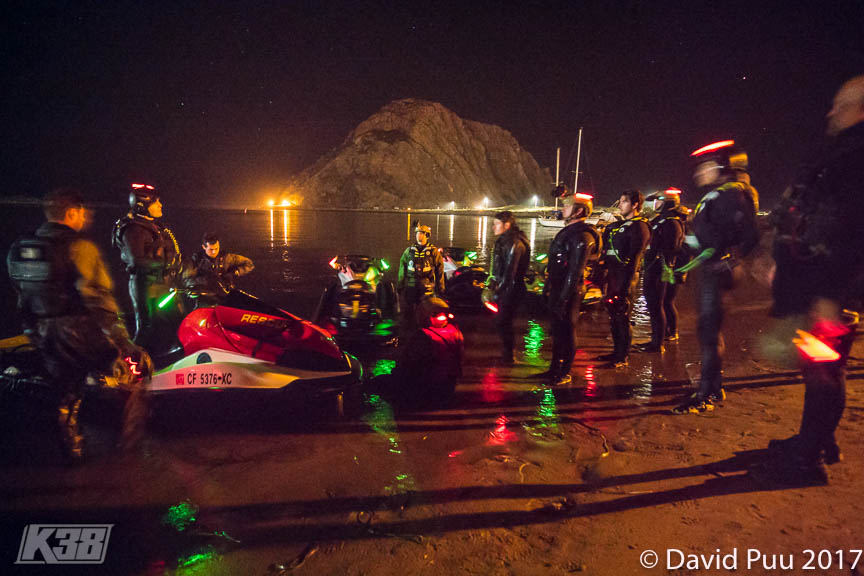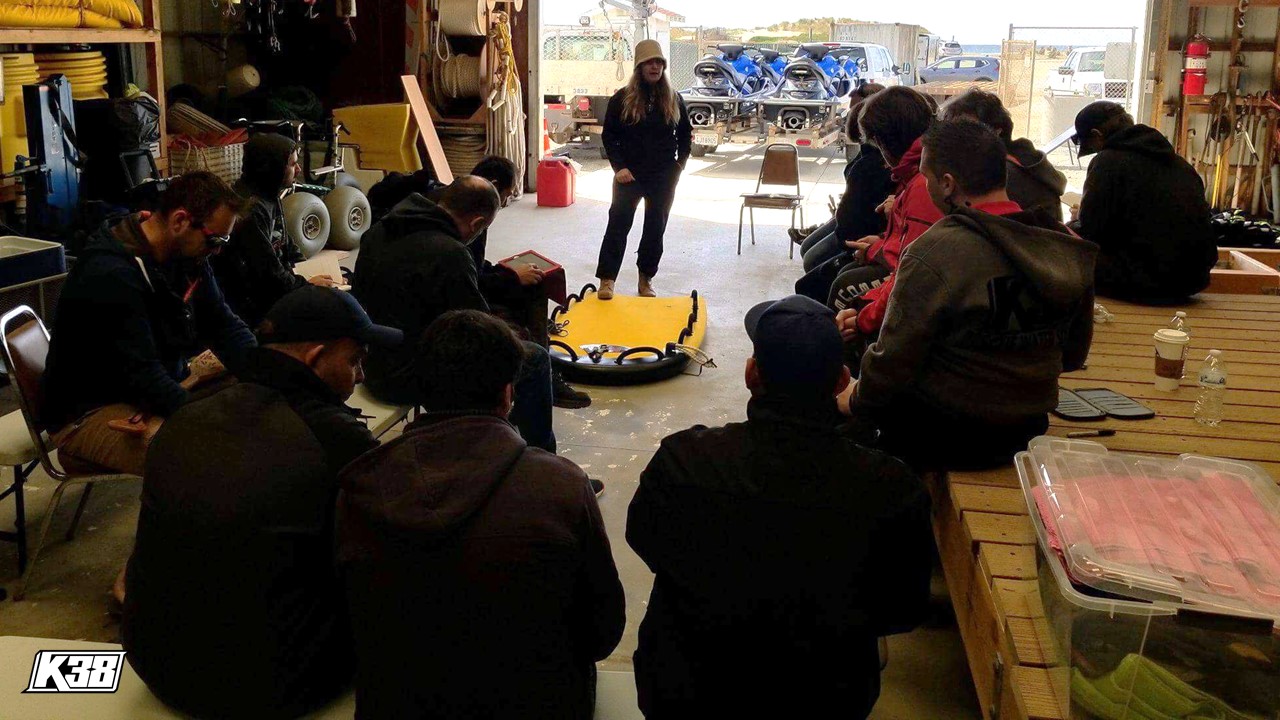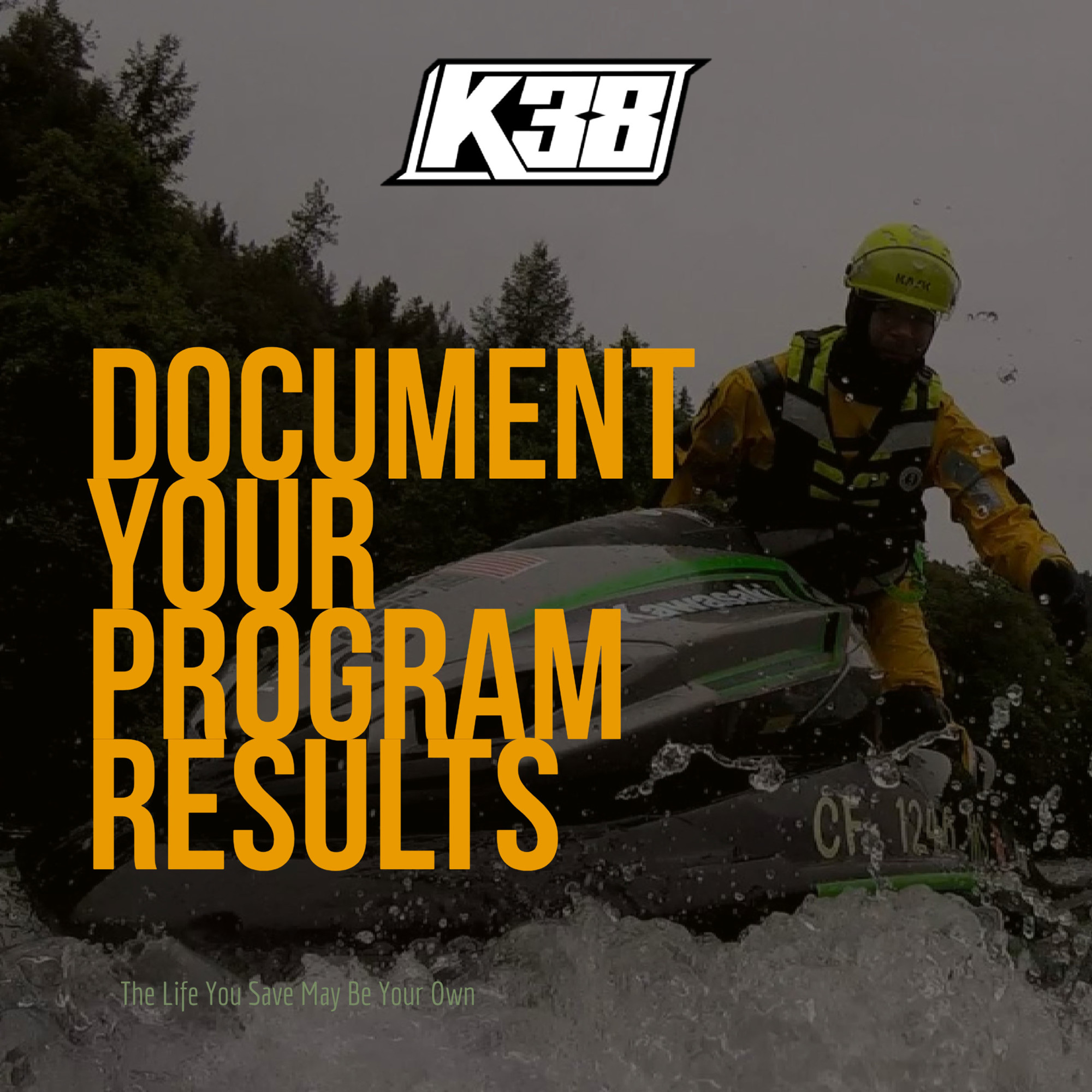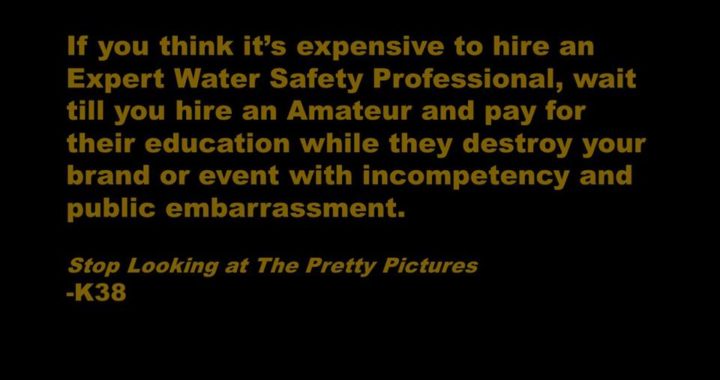PROFESSIONAL SAFETY FACT CHECK
Gatekeepers are gone, they have been taken out by the twitter mobs.
Become a digital gatekeeper. How do you do this?
By understanding our human nature and resist the bias and increase the social need of protecting the culture of safety, not just clicking on the mishaps and attacking the viewer…...what is missing?
Answer: Constructive critiques and activity that is competent, reliable and factual.
Whom is benefiting? The common culprits are twofold:
1. PWC Operators who are not qualified Rescue Water Craft Coxswains or competent Instructors
2. Action Sport Companies, Media or Sponsors
SPEAK UP
Action sports media and sponsors benefit by selling the mishaps and sensationalizing the drama. These illustrations dumb down our maritime heritage.
One of the main culprits is the ‘big wave surfing’ community and their self-appointed water safety members whom by and large and not representing boating safety. Many self-appointed operators are causing repetitive mishaps and focusing solely on the negative drama for attention. They lack the acumen of fundamental boating safety to determine that they are at risk, and that this is a high risk boating activity.
They are funded by major corporations that broadcast these embarrassing boating mishaps at the exclusion of the performance of the athletes involved. This also holds the professional development of incredible water activities hostage by diverting the athletic scope and determination by dumbing the activity down to sensationalism in the hope that a PWC being demolished by poor Operator decisions in a big wave locale and selling the likes as an advertising platform.
The good news is they can change. But they have to admit their mishaps are not beneficial, until then we hope they do not kill themselves or the athletes involved and can find humility to get properly trained.
HOLD YOURSELF RESPONSIBLE
Mishaps that occur with operators of this type should not be lauded, but directed to undertake proper boating safety and training to be qualified so their goal is to reduce the mishaps.
Its called “Risk Assessment’. Which leads to: Risk Management. Which leads to ‘Risk Mitigation’. Which is first determined in a competent boating education program. They may use these words boldly like a sheep in wolf clothes but do not understand the catastrophe of their actions.
If a mishap occurs an After Action Report of the mishap would determine the flaws and pitfalls of operations and the Decisions Making Process.
While many of these big wave operators use these words carelessly they do not understand how or why risk is managed, reduced, transferred or monitored underway. The video results speak in volumes. This is not what represents a competent boating program, nor our maritime community.
Resist sharing mishaps unless you use these reckless operations as a tutorial for boating safety education on ‘what no to do.’.
Be skeptical of the visuals and do not share if they are sensationalizing instead of educating. It’s that simple. By doing this you also guide these operators away from trending mishaps through drama and impress upon them that their lives and reputation actually matter!
__________
Published: April 28, 2019
Have any questions? Join the Rescue Water Craft Association
and discover what your community is doing to modernize standards, safety and reduce liability!
Join the Rescue Water Craft Association
Content Creator: Shawn Alladio cares most about her community and the culture surrounding the safety of event service providers and Rescue Water Craft operators, working hard and dedicated towards protecting their reputation, distributing safety information and continuing to train these amazing individuals to the highest standards of care.
Use at your own risk. Please take a qualified Rescue Water Craft training course and maintain proper records and respect all the PWC, RWC, PPE, and gear OEM manufacturer warning labels and cautions.
